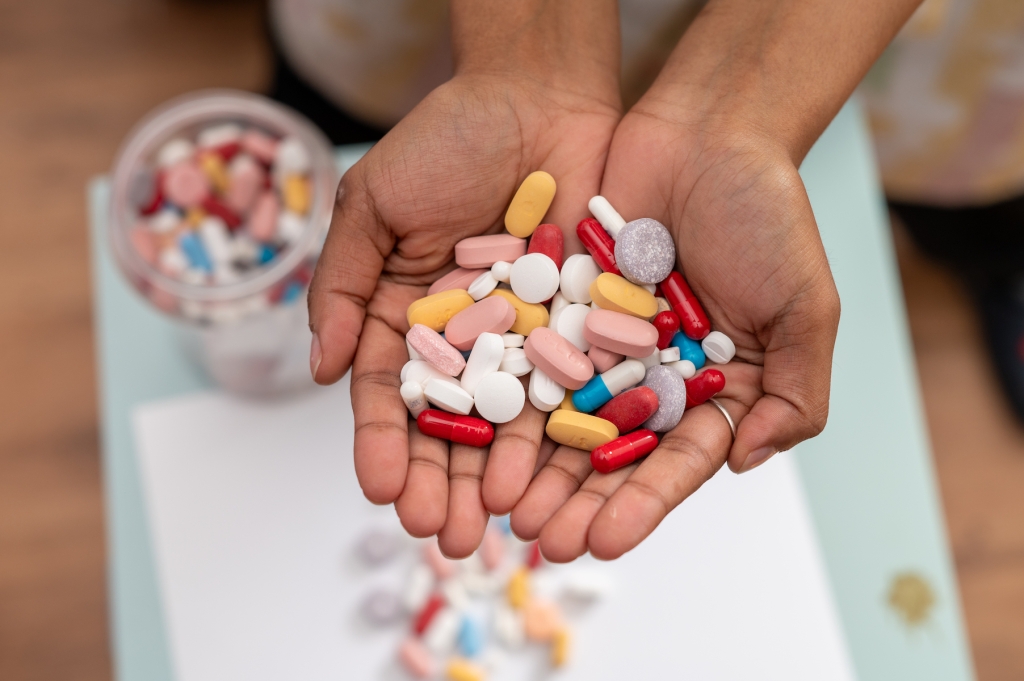Contrary to what many people think, attention deficit hyperactivity disorder (ADHD) isn’t just a childhood condition. A lot of adults continue to live with ADHD or are diagnosed later in life, and this affects their quality of life, self-esteem, and even their ability to form fulfilling relationships. Whether you are such a person or know someone who might benefit from ADHD treatment for adults, this article can shed some light on the diverse methods that have proven their efficiency.
Medication: The Fundamentals

While not all people with ADHD go for the medication route, it is the most commonly recommended option. Many individuals with ADHD prefer to take meds to manage their symptoms, as the Liven app reports; it allows them to use this treatment as a basis for further steps.
Every person with ADHD is different and thus requires medications that work for them. Only medical professionals are allowed to prescribe them. Most often, people with ADHD take stimulants or non-stimulants, depending on the case. However, each case is unique. Some individuals might have a history of addiction or allergy to a certain drug, and these factors are carefully reviewed.
A quick note about myths: There are a few people who delay taking medications because they are afraid of “losing themselves” or getting addicted. These concerns are often exaggerated; every professional thoroughly evaluates the patient’s medical history and needs before prescribing any medication. If a person feels uncomfortable, the dosage or drug gets adjusted. This common fear stems from stigma and a lack of understanding of how ADHD and medication interact. There’s nothing wrong with finding help for what affects your quality of life.
Therapy: Rebuilding the Habits
Therapy enables people with ADHD, especially adults, to learn about their condition and understand which of their daily responses or behaviors can stem from this diagnosis. Some types of therapy, particularly cognitive behavioral therapy (CBT), have been proven to be highly effective. Therapy teaches individuals crucial life skills, including emotional regulation, time management, organization, and reducing procrastination, among others.
Still, it requires consistent work and a willingness to contribute from the client. It gives people with ADHD a sense of control and autonomy, which they might have been lacking due to low self-image. The ability to self-reflect improves personal and professional relationships and contributes to a more diverse life. Finding the right therapist takes time, but when a person finally has a great match, the progress can double.
Lifestyle and Behavioral Changes: From Within

We, humans, are surprisingly resilient and motivated when we want to achieve something. Those diagnosed with ADHD often change their behaviors and lifestyles in general to ease their ADHD symptoms. Creating stable routines that allow them to feel grounded and more organized contributes to better day-to-day functioning.
Usually, exercise, nutrition, and sleep are the first steps for people who have recently discovered that they have ADHD. Physical activity boosts mood, decreases hyperactivity, and improves focus. Those with a balanced diet also report better emotional and physical wellness. Finally, it’s unsurprising that an adequate amount of sleep decreases ADHD symptoms.
Using Technology and Apps: Do It With Style
The digital era has brought forth impressive tools that help us stay focused, motivated, and on track with our tasks and self-care. A lot of programs on smartphones and PCs can become effective supplemental additions for handling ADHD. Some of them specialize in ADHD and were made for this disorder in mind, but the majority offer different time management and focus features. With hundreds or even thousands of these programs available on both the App Store and Google Play, every person has a wide range of options to choose from. Let’s look at just a few programs — perhaps you’ll find something you like or have a general idea of what to look for.
- Focus. Forest, Focus Plant, and Focus Traveller are some of the most popular apps. Each of these gamifies the process, providing rewards and sometimes “punishments” for losing concentration.
- Time management. Todoist, Remember the Milk, and Evernote are quick and easy tools that help users track their commitments.
- Reminders. Programs like Google Calendar and TickTick make it easy to log important events and receive reminders and notifications to avoid missing them.
- Wellbeing. The Liven app, Headspace, and BetterHelp target the underlying challenges that can make ADHD more difficult to address.
Social Connections and Support: You’re Not Alone
ADHD can lead to social isolation and misunderstanding, even in adulthood, and social connections can change it. Even without feeling lonely, those with ADHD can reach out to those whom they trust to support their healing and readjustment journey. If you need a friend to keep you concentrated and dedicated, ask them to make a pact with you. Struggling with your emotions and impulsivity? Communicate your feelings to your loved ones — they will be happy to be there for you.
Even more so, connecting with individuals who also understand ADHD makes people more accepting of their diagnosis. It also provides them with a safe space to express their feelings and seek validation and practical advice. Support groups and volunteering initiatives can be excellent ways to meet new people.
Conclusion
Treating adult ADHD comes with its benefits (such as having more management options) and its disadvantages (such as struggling to adjust). Medication and therapy remain the gold standard for a strong start. Fortunately, lots of slower changes, such as lifestyle readjustment and finding the right tools or support, can be similarly significant. Personal motivation and a positive attitude are invaluable strengths that can lead us to achieve our highest goals, and you have them in you — just give yourself a chance to believe.

